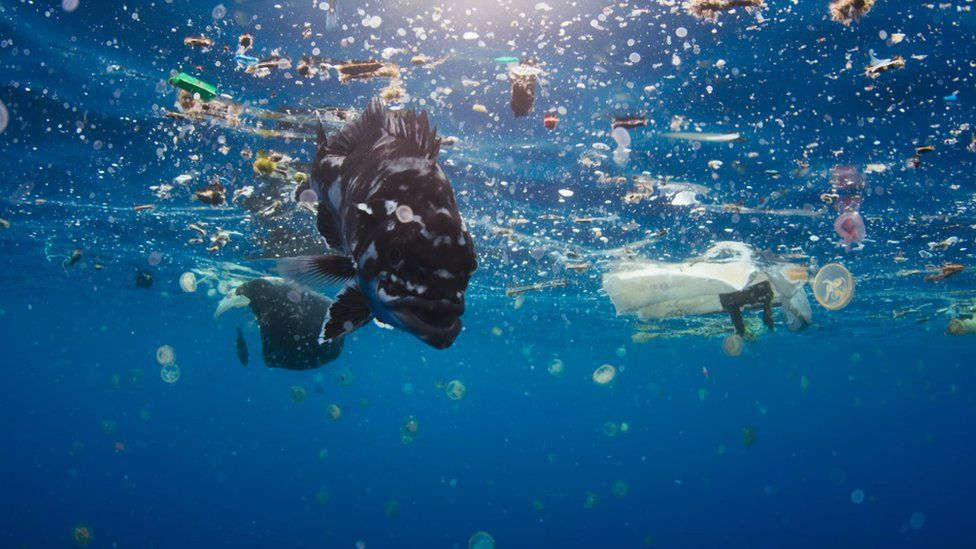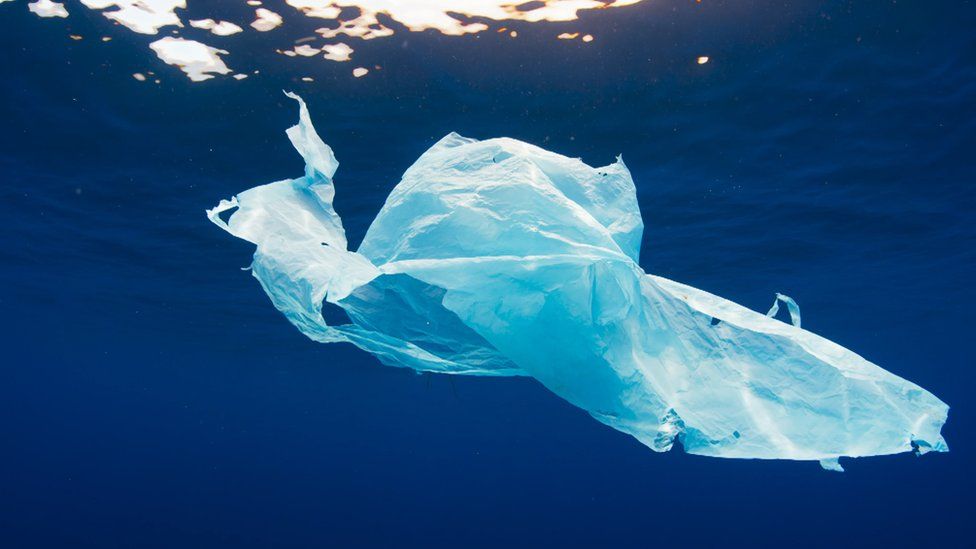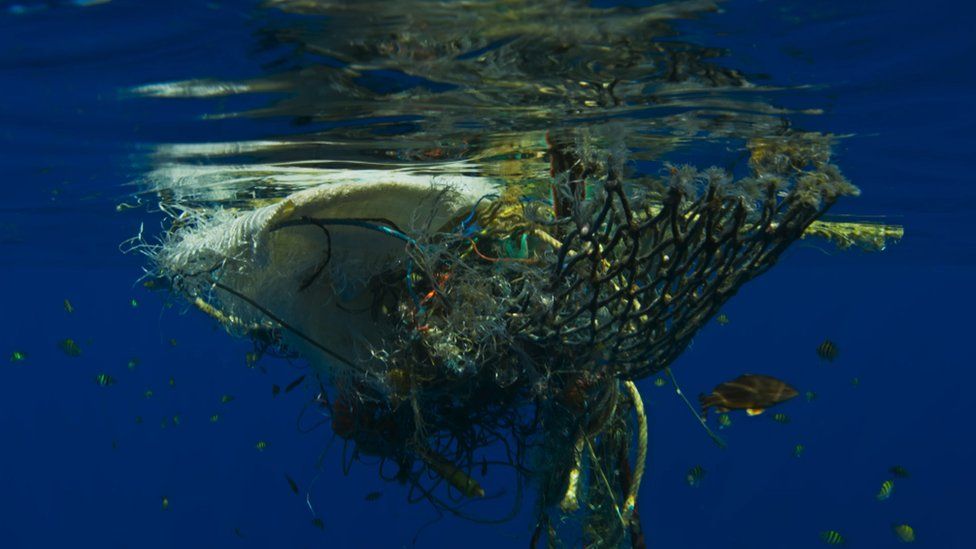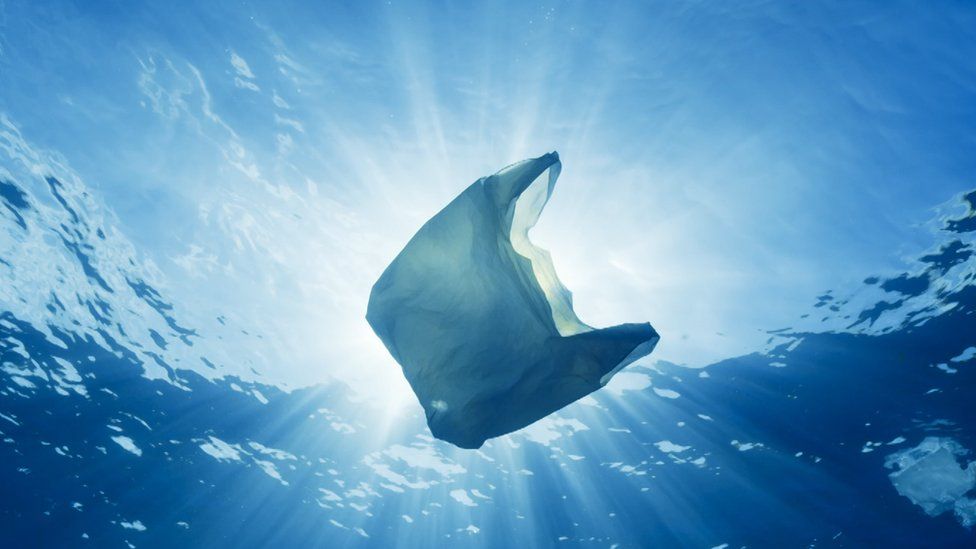MY WORLD OF TRUTH
Sunday, 19 November 2017
HOW PLASTIC IS KILLING OUR SEA CREATURES
The people behind Blue Planet 2 say there was rarely a time when they were filming that they didn't come across plastic in the sea.
This week's episode focuses on how plastic affects sea creatures.
"There would rarely be a dive where I wouldn't find some form of plastic from a thread of plastic fishing line, sweet wrappers or plastic bottles," assistant producer Sarah Conner told Newsbeat.
"When in the open ocean on the boat, if we noticed rubbish while in transit we would do our best to stop and pick it up, just as anyone who cares for the ocean would hopefully do."
Plastics entangle many creatures in the ocean, and in Sunday's episode, viewers will see how a hawksbill turtle gets caught up in a plastic sack.
Fortunately on this occasion, camera operator Rafa Herrero Massieu managed to release the turtle, and it swam away unharmed.
"Some scientists think that entanglement in marine plastic is the most significant welfare threat of human origin in the ocean," says Sarah.
"In some cases it can also be a conservation threat to entire populations."
Episode 7 looks at how tiny plastic particles (micro-plastics) may play a role in the uptake of industrial pollution in marine life.
"This could be contributing to high levels of chemical contamination in large predators, as in pilot whales.
"It's now thought that plastics may play a role in increasing the uptake of pollutants into the body."
Sarah told Newsbeat that it's "critical" for scientists to do more research into the microplastics.
"Microplastics are now so pervasive in the ocean and are consumed by a vast number of sea creatures.
"They have even been found in samples from the Mariana Trench, the deepest part of our planet."
During filming, the team behind Blue Planet recorded all the plastic they found.
"Strangely it's often the remotest islands that have the most plastics' pollution.
"That's also because there are swirling currents, known as gyres, that concentrate plastics in vast 'garbage patches' towards the centre of every ocean.
"This really is a global issue, which needs a global solution."
The crew sometimes had to intervene when they saw how plastic was affecting wildlife.
"I have seen dead birds with their legs entangled in plastic bags, so they could have died from not being able to feed or fly.
"I saw a dead leatherback turtle that died from entanglement in fishing rope."
It's also widely reported that ingestion of plastics has lead to the deaths of many sea creatures, from turtles to albatrosses.
On one occasion, the crew had to rescue an entangled humpback whale off British Colombia, which was trailing almost a kilometre of ropes from fishing pots, and was struggling to swim.
"The crew stayed with the whale for nine hours, until all the rope was removed by the rescue team and the whale was free once more," says camera operator Rafa.
"The most difficult thing was to deal with our emotions, because we could feel the great sadness that the pilot whales transmitted."
The team also saw plastic in the regurgitated pellets of Albatross chicks on South Georgia.
"Their parents must have picked up plastic backs at sea, thinking they were edible, and have fed them to their young," says Sarah.
"One chick had died from a plastic toothpick that had pierced its stomach."
posted by Davidblogger50 at 23:33





0 Comments:
Post a Comment
<< Home